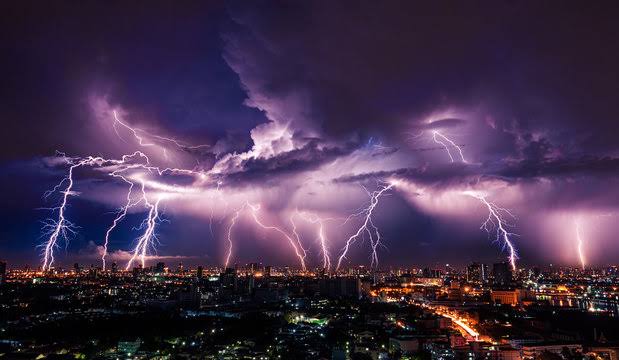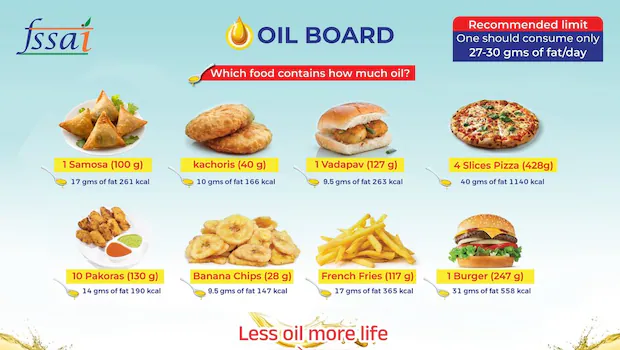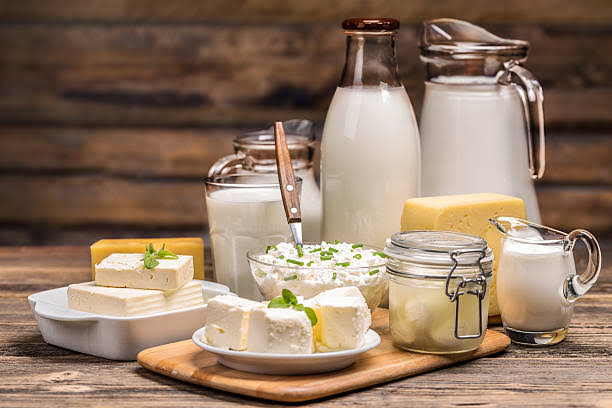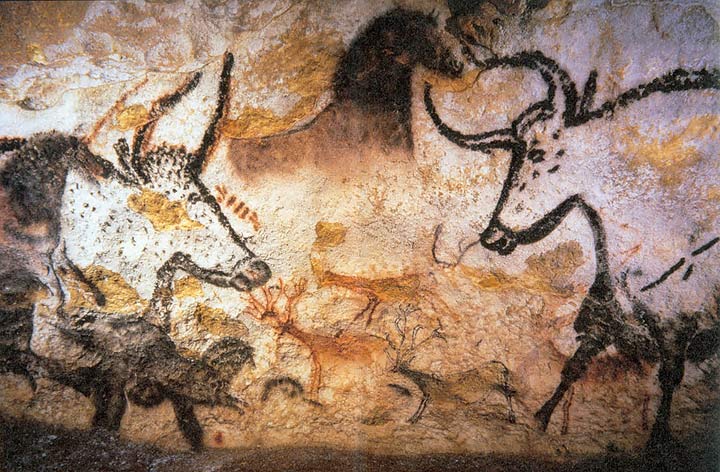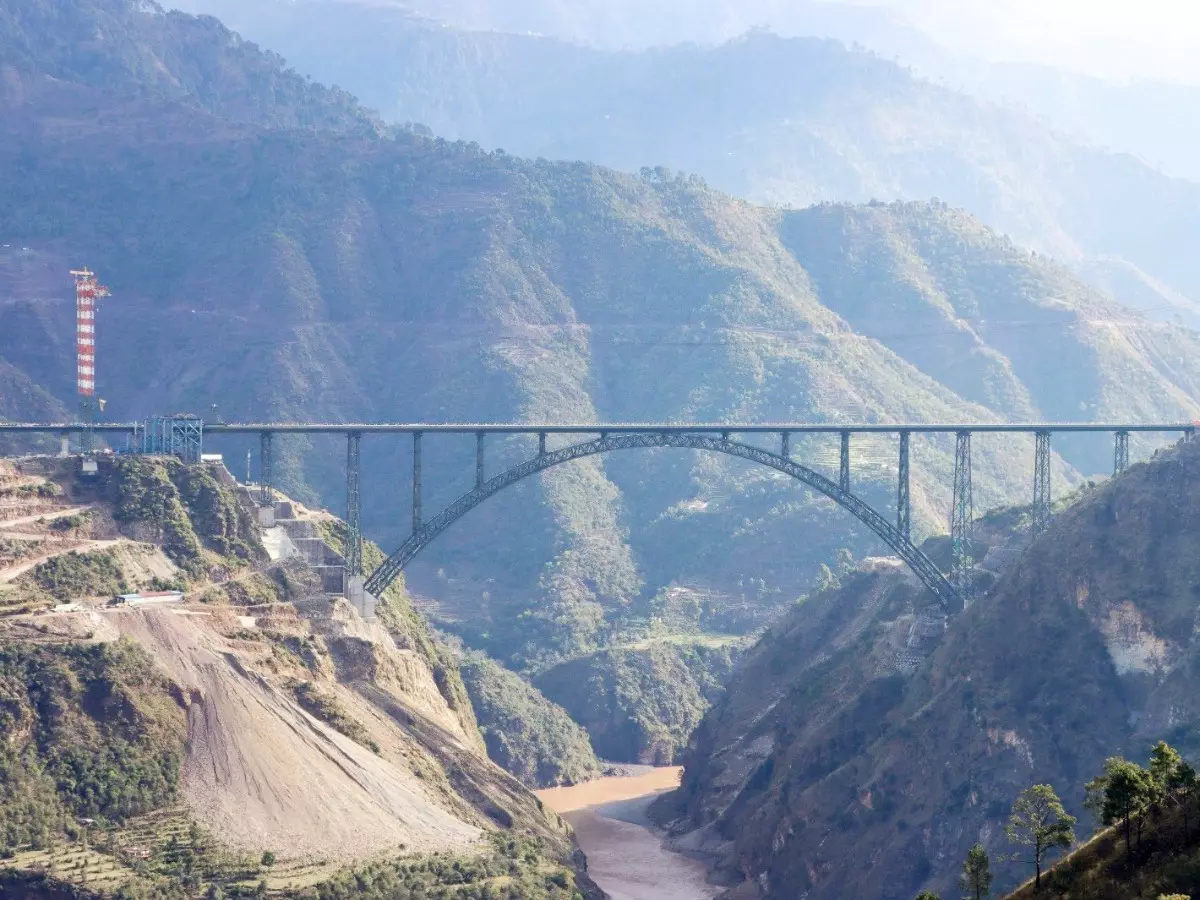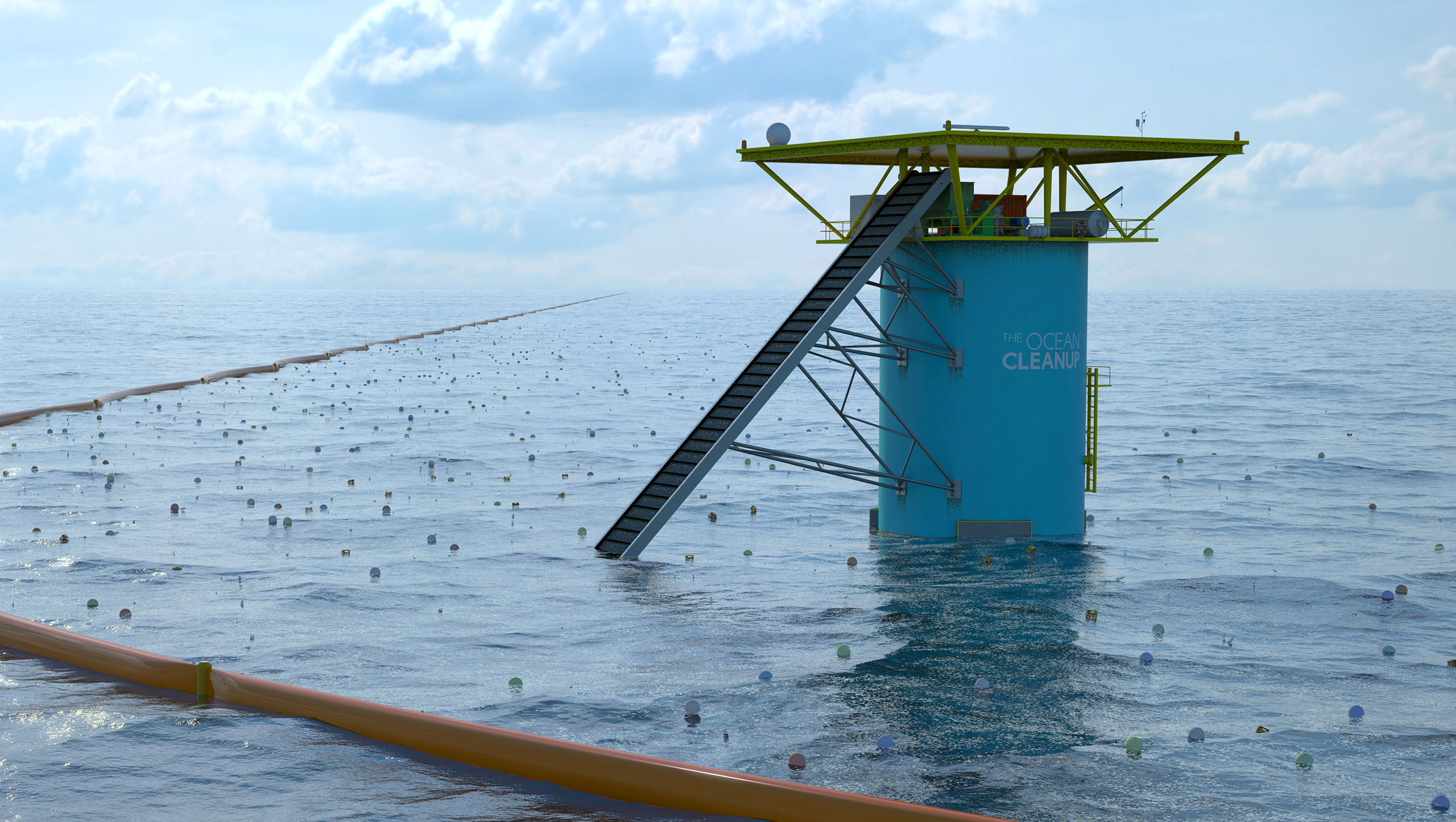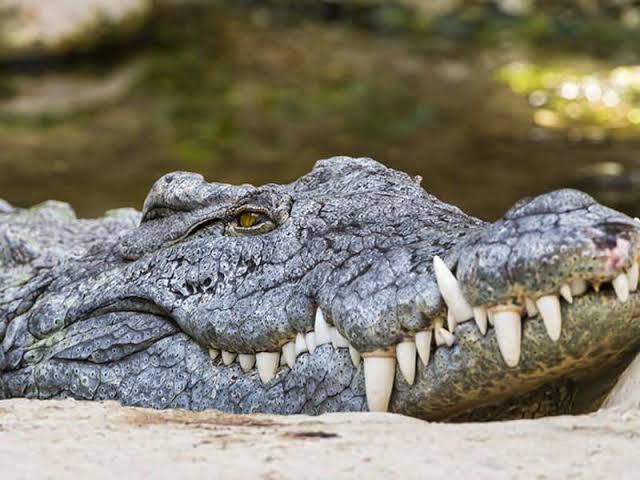
In the wild, certain species rely on astonishing adaptations to endure extended periods without food. From freezing winters to silent waiting in swamps, these animals slow metabolism, store energy, or recycle internal resources to survive. Let’s explore five of nature’s masters of endurance :
Emperor Penguins endure Antarctic winters while male parents fast for as long as 60 days during egg incubation. They survive solely on body fat, huddling together in −60 °C temperatures to conserve warmth and energy.
Crocodiles, being cold‑blooded, maintain a very low metabolism. Some species can survive up to a year without eating, relying on stored fat and muscle, occasionally remaining motionless for days at a stretch.
Snakes, especially large pythons and boas, feast infrequently. After a large meal, their digestion is extremely slow allowing them to survive for weeks or even months without food.
Bears undergo hibernation, during which they don’t eat, drink, or eliminate waste for up to seven months. Fat reserves accumulated beforehand keep them alive, and their bodies recycle waste into new proteins.
Olive Ridley Sea Turtles also feature on this elite list though details remain brief, they likewise endure long stretches without feeding while migrating or nesting in open oceans.
Post a comment
Can AYUSH practitioners perform surgeries? Find out!
- 01 Aug, 2025
- 2
Your 30s Matter More For Bone Strength
- 28 Jul, 2025
- 2
The correct way to drink water from a copper bottle!
- 03 Aug, 2025
- 2
CBSE now mandates 'Oil Boards' in schools to promote healthier...
- 18 Jul, 2025
- 2
Lactose intolerant? Here’s how to eat safely.
- 30 Jul, 2025
- 2
Categories
Recent News
Daily Newsletter
Get all the top stories from Blogs to keep track.






